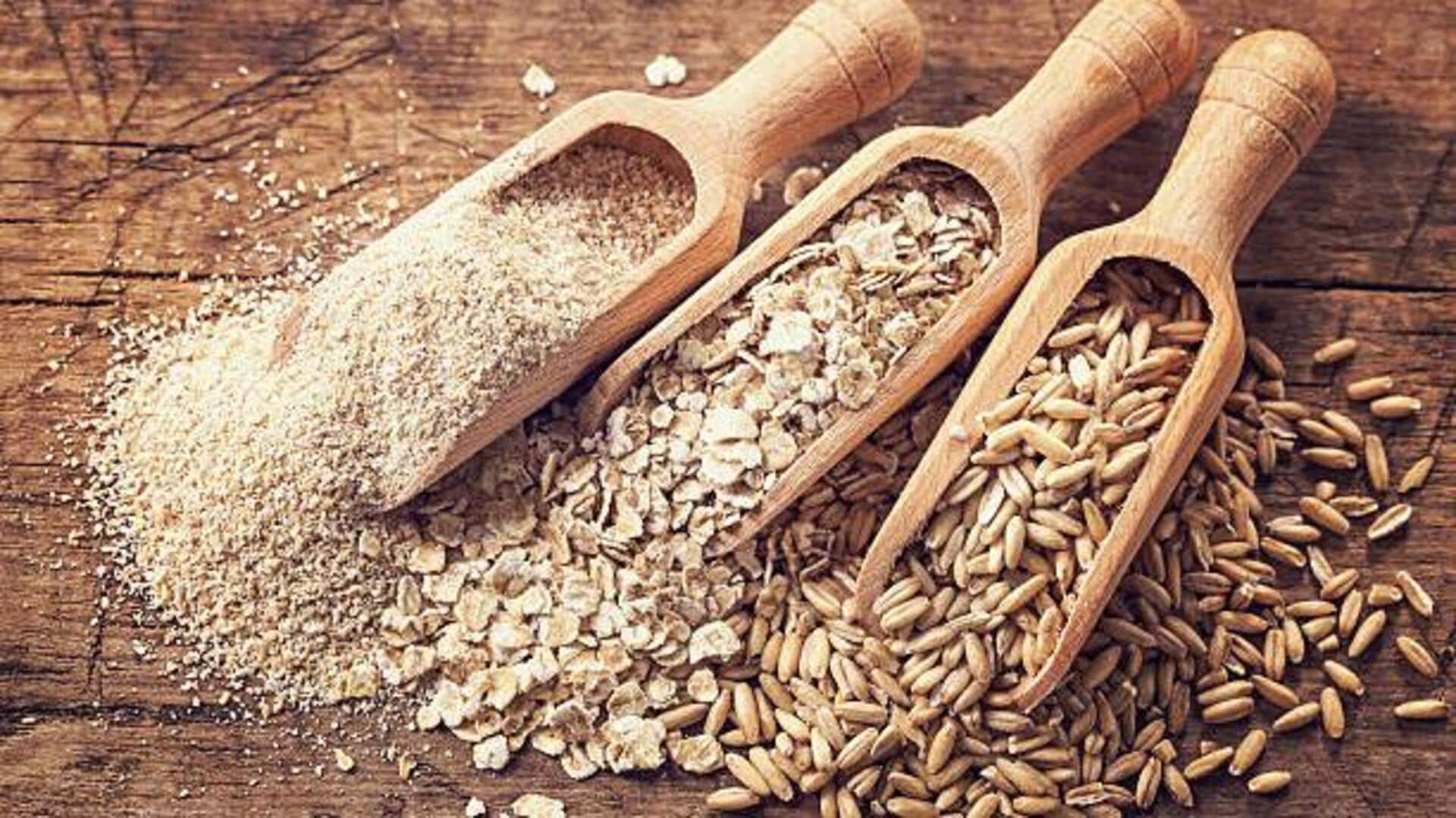
Are whole grains really healthy?
What's the story
Whole grains are often touted as a health miracle, but are they really? While whole grains are a staple in many diets, there are a few myths surrounding their benefits. This article delves into the truth behind whole grains and whether they are really as beneficial as believed. By looking at the facts, we can understand the role of whole grains in our diet.
#1
Nutritional value of whole grains
Whole grains are packed with essential nutrients such as fiber, vitamins, and minerals. They provide more nutrients than refined grains, which lose their bran and germ during processing. The fiber in whole grains helps with digestion and can keep cholesterol levels in check. Vitamins like B-complex vitamins help with energy production and brain function. Minerals such as iron and magnesium are important for bone health and oxygen transport in the body.
#2
Impact on heart health
Eating whole grains regularly can help improve heart health by lowering blood pressure and reducing inflammation. The soluble fiber in these grains helps reduce bad cholesterol levels by as much as 10%. Eating whole grains instead of refined ones has also been linked to a 25% lower risk of heart disease, according to some studies.
#3
Role in weight management
Whole grains can be a great addition to a weight management plan. Their high fiber content keeps you full longer, which can help you consume fewer calories overall. Some studies have found that those who eat whole grains regularly tend to have lower body mass indexes (BMIs) than those who stick to refined grains.
#4
Glycemic index benefits
The glycemic index (GI) measures how quickly foods raise blood sugar levels after eating. Whole grains usually have a lower GI than refined ones, meaning they cause a slower rise in blood sugar levels. This slow release of energy can be particularly useful for people with diabetes or those trying to control their blood sugar levels.